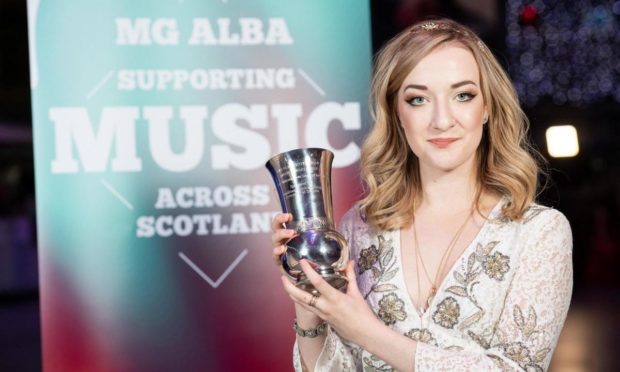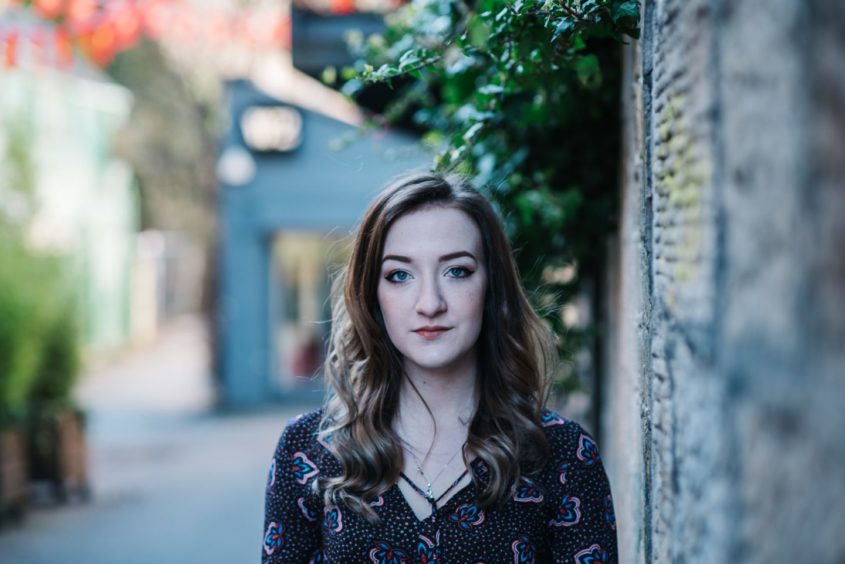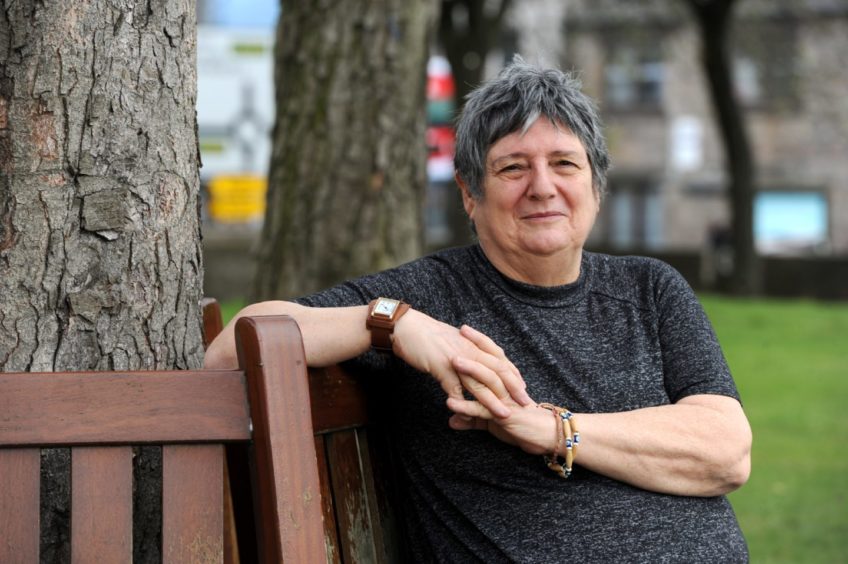Generations of people across the north-east have grown up speaking in the Scots language which they have shared with their families and friends.
They have read such renowned works of literature as Sunset Song by Lewis Grassic Gibbon and taken part in ballad singing and other cultural activities.
Until the 18th century, it was commonly taken for granted that Scots was a language, but it was gradually demoted from ‘national’ to ‘provincial’ status. For years, the country’s ancient tongue was ignored or mocked.
Those who were brave enough to use it at school often found themselves being belted for the alleged crime of employing resonant, evocative words which they had learned from their parents and grandparents before them.
Attempts were made to wipe out the language
The campaign of vilification reached the stage in 1946 where a report on primary education argued that Scots was “not the language of ‘educated people anywhere and could not be described as a suitable medium for education or culture”.
The same study called for teachers to wage an “unrelenting campaign” against Scots and many youngsters were frightened to stand up to their elders.
At that stage, its future seemed in jeopardy, but some redoubtable characters have launched a fightback in recent years and the tide seems to be turning in their favour.
There is now a Doric Film Festival, a Scots Radio network, a Scottish Leid Board and a series of other initiatives which have helped attract a younger audience.
And the Scots language has now officially been recognised on Spotify, following a determined campaign led by a young woman with a yes-can-do attitude.
A success story for a determined campaigner
Iona Fyfe, 22, from Huntly, has won her campaign to have the Scots language recognised on a global music stream.
The singer wrote to Spotify in December, asking the international company why it did not feature Scots among its list of languages.
The award-winning singer noticed that Spotify listed every other UK minority language, including Manx, Irish Gaelic, Cornish, Welsh and Scottish Gaelic, but omitted Scots.
However, she has now spoken of her delight after being informed by the company that it will rectify that omission in the future, starting from Friday March 5 when Ms Fyfe’s new song The Wild Geese is released on the music streaming service.
‘This news means so much to me and others’
After publishing an open letter to Spotify asking them to add Scots to the list of
languages in their roster, she received the support of Clare Adamson MSP, a long-time advocate of Scots Language preservation, who lodged a Parliamentary motion in the Scottish Parliament in support of the campaign.
Then last month, via a virtual Transatlantic conference, Ms Fyfe discussed the situation with Laura Ohls, the senior editor at Spotify, which has subsequently taken the decision to include the language in its database.
Ms Fyfe said: “It is a big step forward to be able to pressure a global company to change their language policy and add Scots as a language.
“Being able to categorise my songs under the correct language of Scots means so much to me, and many other singers.
“Once we achieve a Scots Language Act, then the legislation will place responsibility on other companies to correctly recognise the language.”
The news has been welcomed by other members of the Scots language community.
Frieda Morrison, the director of Scots Radio and the Doric Film Festival, said: “‘I think that Iona has not only done the Scots language a great service, but has led a campaign that will benefit other musicians.
“I add my congratulations to Iona for her tenacity and her smeddum”.
Big-name figures lend their backing to Scots and Doric
Few people have worked more tirelessly to promote and encourage others to use the Scots language than Sheena Blackhall.
Long before she was installed as the Doric Board’s inaugural north-east Makar in 2019, this indefatigable woman had worn more hats than Audrey Hepburn as a poet, writer, singer, storyteller and all-round cultural ambassador.
Mrs Blackhall – who has been involved in producing more than 140 collections of poetry and 14 collections of short stories – has researched poetry in more than 30 countries across the world and translated numerous best-selling titles into Doric.
She was also awarded the Janet Paisley Lifetime Achievement Award at the Scots Language Awards and will have a new book published later this month.
She said: “Weel dane Iona Fyfe!
“You can stand at a door and knock till your knuckles are blue, but she’s got Spotify to wake up and open that door.
“Time to wake up and taste the Scots!”
Award-winning director also backs Scots language
Film director, Jon S Baird, who won a Bafta for Stan & Ollie, is another person who is fiercely protective of the Scots language.
The Peterhead-born movie-maker has lived in London for many years, but has never lost his affinity for the words and phrases he grew up with in the Blue Toon.
He said: “I remember, as a student, sitting on a bus in Aberdeen and hearing some school kids making fun of other people for speaking Doric, which really disappointed me, because it is such a massive part of my identity.
“I would love to do anything I can to promote it and encourage more people who have not grown up with it to embrace and value it as an integral part of their lives.”
The Scots language might have been under threat at different times, but it is fighting back.
And the likes of Baird, Blackhall and Fyfe are pretty determined customers.




